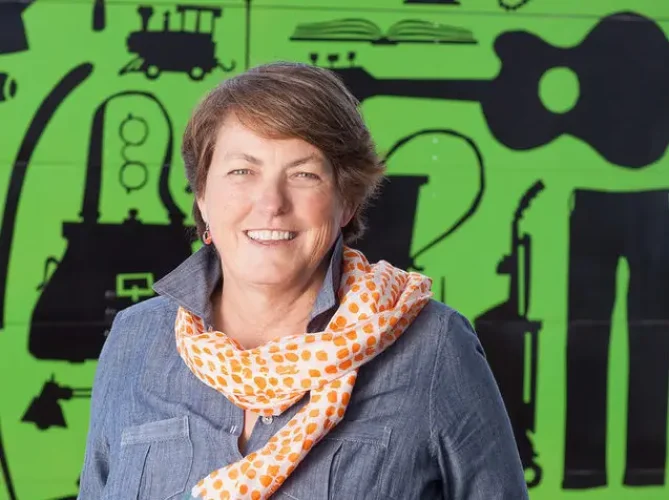… We continue the Meaning and Work series with Maureen Sedonaen.
“No one wants charity. They want your access. They want their kids to have a better life. They want stability. They want a chance. When you see the people you serve as less than you, it’s time to go home.”
What she does: advocates for people without access to power, money, or influence to help them build productive, happy lives.
How she got there: she had to.
Many of the people we speak with began their careers in some form of commerce, and found a meaning gap they then strove to fill. Not Maureen. While she has been a leader in both for and nonprofit settings, she has dedicated her entire career to service, with a long term focus on youth and families. Like a lot of people who’ve spent their entire life in service, she will tell you that it was simply in her. She had to, the way a writer has to write or a surfer has to surf.
Her work today: as CEO of Habitat for Humanity of San Francisco, Maureen leads an organization that builds strength, stability, and self reliance through housing.
Habitat partners with families that seek to build better lives for themselves and their children. The calculus is both simple and incredibly hard to pull off — without a stable place to live, families will not thrive. Habitat makes homeownership possible, springboarding families into new opportunities. Strength, self reliance, and persistence are qualities every family must bring to the partnership. Habitat offers in return resources, labor, access, and ongoing support to build homes, revitalize neighborhoods, respond to disasters, and provide financial education.
What Maureen is most proud of: helping to create change for people— channeling resources, access, voice, and expertise and seeing them respond by building the lives they want and leading the change in their communities.
Where Maureen finds, and makes, meaning in her work: partnerships, leveling the playing field, working toward policy and systems change, relationships, innovating, and recognizing both the privilege and the responsibility of her role.
- Partnership. “When we have to, we serve as a voice for people without access or influence. By far the best person to speak about their lives is the new homeowner, the young person moving up, the parent raising a child in poverty. Partnering to uplift their voices is rewarding, because that is one way system change happens.”
- Level playing field. “That’s the heart of this work.”
- Policy and systems change. “Changing policy for people who have been systematically marginalized can be the best way to make long term change. Getting to do that work is very rewarding.”
- Relationships. “Relationships drive everything.”
- Innovating. “I put two sixteen-year olds on the board of the youth development organization I founded. Everyone thought I was crazy. But it worked, and it worked long term.”
- Privilege and responsibility. “Recognizing the tension between privilege and responsibility, and turning that into action to make a more equitable society… that feels good.”
Advice for Meaning Seekers: Push. Hard. Show up and do the work.
- Risk drives excellence. “Once you decide to do something, be unwavering about speaking truth to power, and accept the consequences. I definitely got smacked down a few times and I always get back up!”
- Find whatever change moves you and don’t worry too much about the issue. “For me, it’s been housing, education, youth development, healthy food. But there are lots of ways to create positive social impact. It’s not the issue; it’s the strategy.”
- Think about systems change. “One-to-one service is fine, and it’s often a place to start. But think about how you can affect wider change.”
- You need resources to get things done. “The times I felt ineffective were usually caused by a lack of resources.”
- In the private sector, I appreciated the results driven nature of the business, but our efforts sometimes felt skewed (to me) toward profit. Combining those resources and results orientation with a drive to purpose is the ideal.
What Maureen would do if she weren’t doing this: She’s still thinking about that one.

